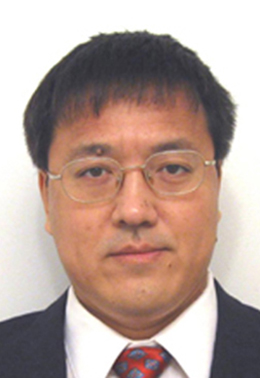Xiao-Fa Qin obtained his MD, PhD in Beijing Medial University, Beijing, China then became a lecturer and associate professor there. Later, he came to the United States and engaged in medical research as a postdoc, research instructor and assistant professor consecutively in Louisiana State University (LSU) Medical Center in Shreveport, University of Cincinnati College of Medicine, and University of Medicine and Dentistry of New Jersey (UMDNJ, now merged with Rutgers) - New Jersey Medical School. He found that digestive proteases such as trypsin and chymotrypsin can be inactivated by unconjugated bilirubin but not conjugated bilirubin or biliverdin, thus revealed the likely evolutionary driving force for the bilirubin and biliverdin predominance in animals and a critical mechanism of gut protection by deconjugated bilirubin. He proposed that an impaired inactivation of digestive proteases as the result of reduction in gut bacteria, thus the enzyme needed for deconjugation of the mainly conjugated biliary bilirubin, along with improved hygiene and inhibition by dietary chemicals such as the widely used artificial sweeteners saccharin and sucralose may have played important causative role in inflammatory bowel disease (IBD, including ulcerative colitis and Crohn’s disease) and contributed to the development of many other autoimmune, allergic, metabolic, neuropsychological diseases, etc, that were associated with dysbiosis of gut microbiota, through damage of the mucus layer and underlying gut tissue by the poorly deactivated digestive proteases and increased infiltration of bacterial and dietary components from gut lumen. Recently, he founded GI Biopharma Inc in hoping to develop some new treatments for IBD and other diseases.












